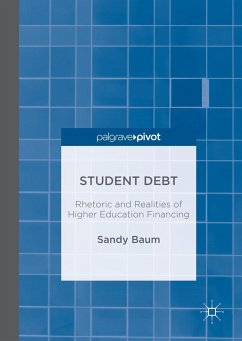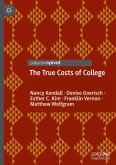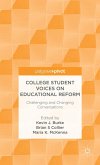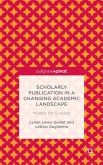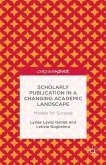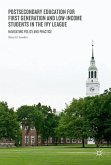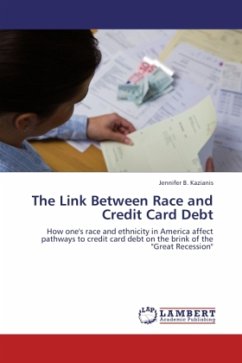This book analyzes reliable evidence to tell the true story of student debt in America. One of the nation's foremost experts on college finance, Sandy Baum exposes how misleading the widely accepted narrative on student debt is. Baum combines data, research, and analysis to show how the current discourse obscures serious problems, risks misdirecting taxpayer dollars, and could deprive too many Americans of the educational opportunities they deserve. This book and its policy recommendations provide the basis for a new and more constructive national agenda to make paying for college more manageable.
"Many consider student debt a major problem, generating financial difficulties as well as delayed marriage and home buying. This excellent volume argues that college debt is not a problem for most people. It helps far more than it hurts; graduates benefit from higher future earnings and should pay something for their gains. ... Summing Up: Highly recommended. Upper-division undergraduates through faculty." (S. Pressman, Choice, Vol. 54 (9), May, 2017)

